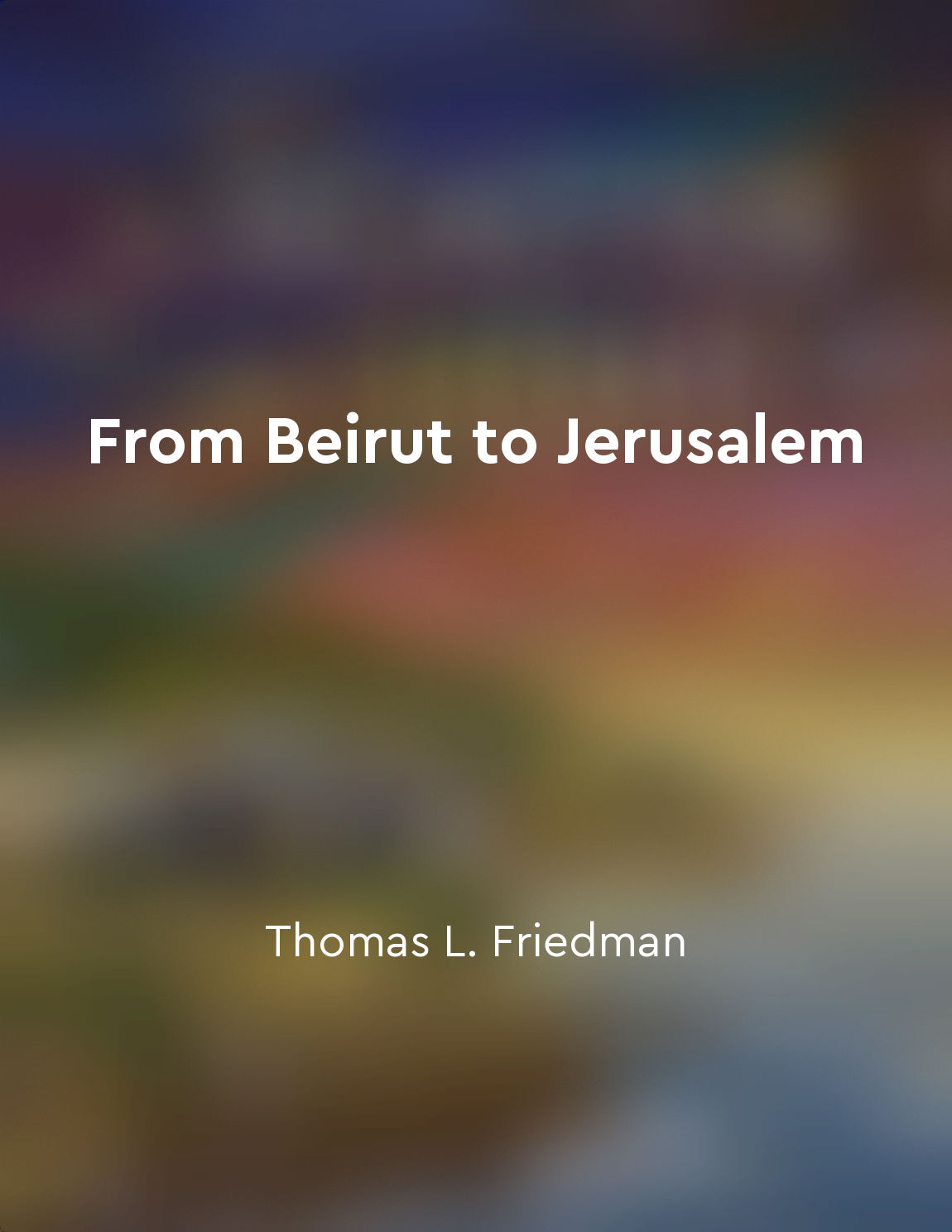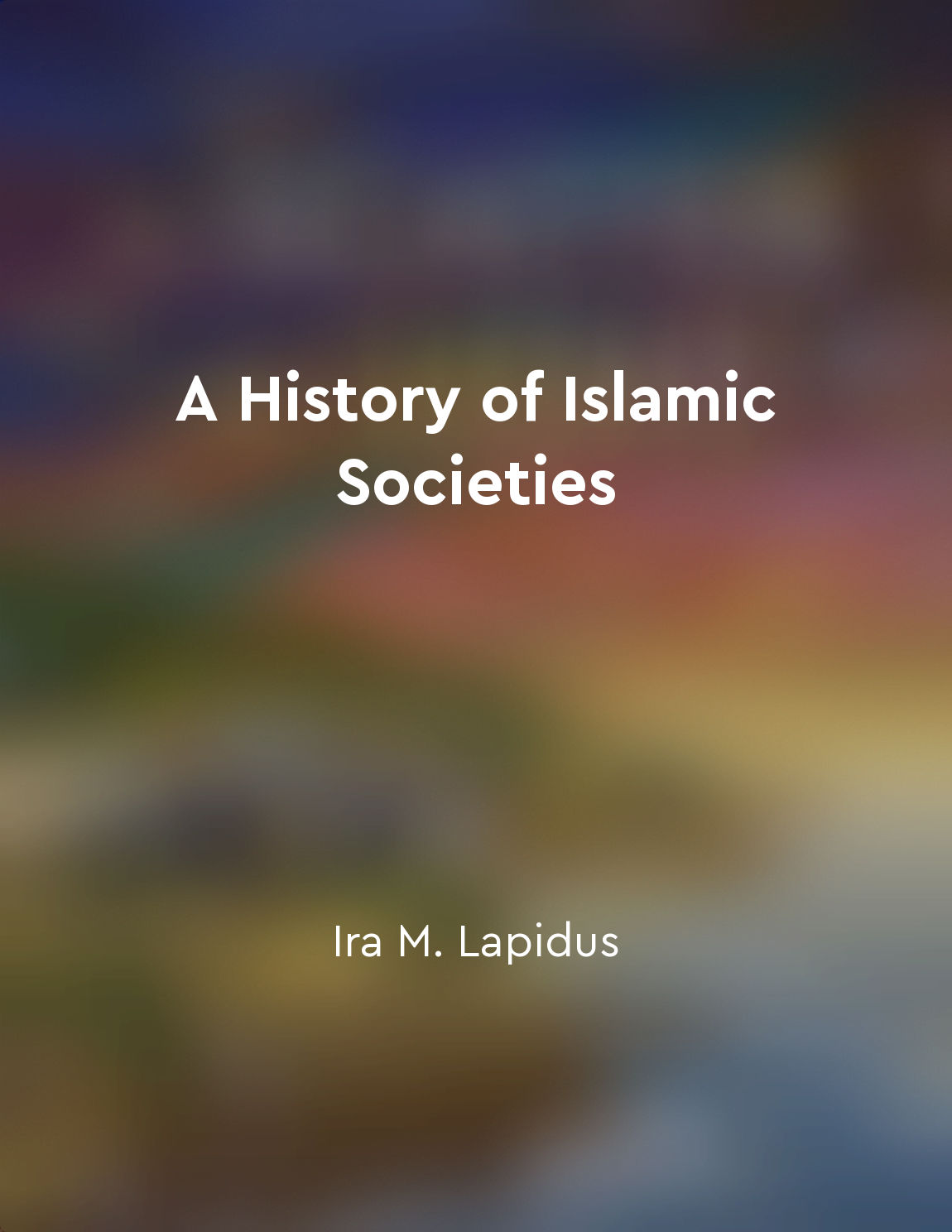The rise of nationalism influenced Islamic societies in the modern era from "summary" of A History of Islamic Societies by Ira M. Lapidus
Nationalism emerged as a powerful force in the modern era, impacting Islamic societies in various ways. The rise of nationalism challenged traditional forms of political organization and identity in Islamic societies, leading to both internal conflicts and resistance to Western imperialism. Nationalism sought to create unified, sovereign nation-states based on shared language, culture, and history, often disregarding the diverse ethnic and religious makeup of Islamic societies. In the context of Islamic societies, nationalism often conflicted with the concept of pan-Islamism, which emphasized the unity of all Muslims worldwide. Pan-Islamism posed a challenge to nationalist movements seeking to create exclusive nation-states, as it called for solidarity among Muslims beyond national boundaries. This tension between nationalism and pan-Islamism led to complex interactions within Islamic societies, as different groups negotiated their identities and political allegiances. The impact of nationalism on Islamic societies was particularly pronounced in the context of decolonization and the dismantling of imperial rule. Nationalist movements in countries such as Egypt, Iran, and Turkey sought to assert independence from colonial powers and establish secular nation-states based on Western models of governance. This process often involved the suppression of Islamic institutions and practices in favor of secular ideologies, leading to further tensions within Islamic societies. At the same time, nationalism provided a framework for resistance against Western imperialism and domination. In countries such as Algeria, Indonesia, and Pakistan, nationalist movements drew on Islamic symbols and rhetoric to mobilize support for independence struggles. This fusion of nationalism and Islamism reflected the complex dynamics shaping Islamic societies in the modern era, as they navigated between competing visions of identity and political organization.- The rise of nationalism influenced Islamic societies in the modern era by challenging traditional forms of political organization, creating tensions with pan-Islamism, shaping decolonization movements, and providing a framework for resistance against Western imperialism. This complex interplay between nationalism and Islamism continues to shape the political landscape of Islamic societies today, highlighting the enduring impact of these forces on the region's history and development.
Similar Posts

The impact of the conflict extends beyond the borders of Israel and Palestine
The ongoing conflict between Israel and Palestine is not confined to the borders of these two nations. The repercussions of thi...
The birth rates are falling across the West
In America, the birth rates are plummeting, with the fertility rate below replacement. The same story is unfolding in Europe an...
Economic inequality sparked social unrest
Economic inequality has long been a source of discontent among the masses. When a small minority holds the majority of wealth a...
Print capitalism fosters national consciousness
Print capitalism, with its ability to mass-produce printed materials at an unprecedented speed and scale, played a crucial role...

The legacy of colonialism continues to impact the Middle East
In the Middle East, the effects of colonialism still linger, shaping the region's political landscape and relationships. The ar...


